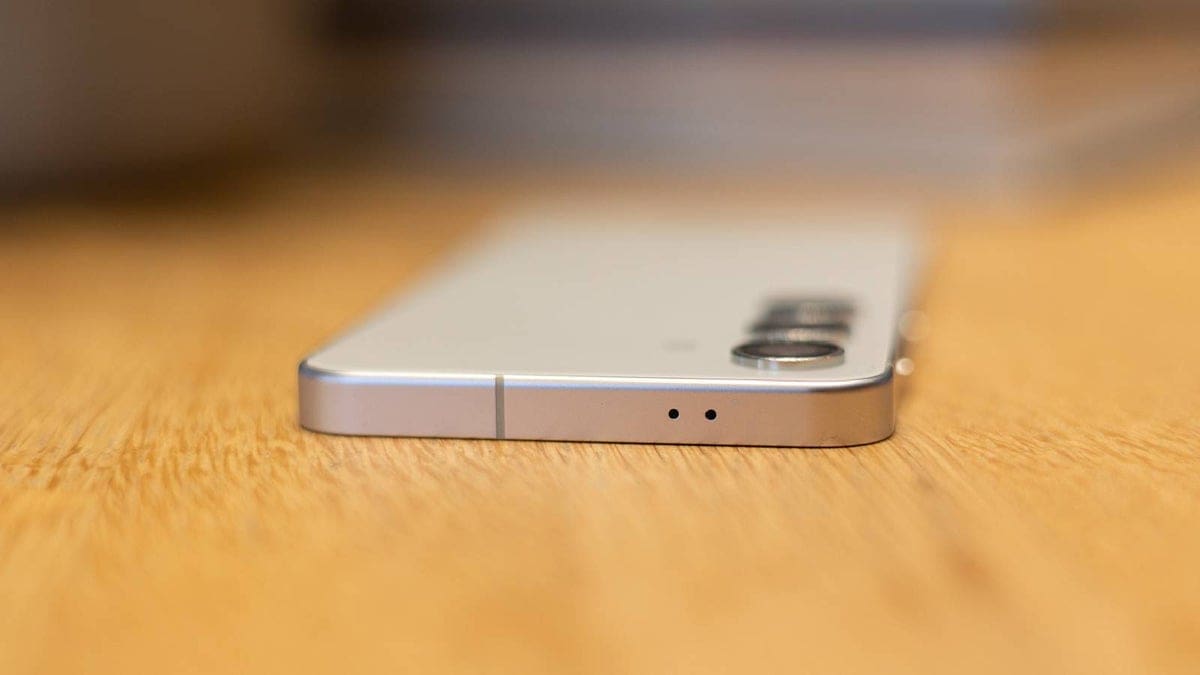Samsung is facing some challenges with its 3nm process for the Exynos 2500 chip, which may cause delays in powering the upcoming Galaxy S25 series. Meanwhile, Qualcomm is considering raising the price of the Snapdragon 8 Gen 4 chip, leading Samsung to explore other options for the Galaxy S25 lineup.
According to leaks from Panda Flash reported by Korean outlet Fnnews, the yield rate for the Exynos 2500 chip is only around 20 percent, far below the required 60 percent for mass production. This situation may prompt Samsung to look into alternative chip options to power some Galaxy S25 models.
One potential solution being considered by Samsung is equipping certain Galaxy S25 variants with a MediaTek chip. While it’s unclear which specific MediaTek chip will be used, speculations suggest it could be the Dimensity 9300 Plus, also rumored to be featured in the Galaxy Tab S10 Plus.
However, deciding to opt for a MediaTek chip over Qualcomm’s Snapdragon could have implications on performance and pricing. The Dimensity 9300 Plus is a 4nm chip, whereas the Snapdragon 8 Gen 4 will be based on TSMC’s N3E node. It remains to be seen how this choice will impact the overall user experience and cost of the Galaxy S25 devices.
While earlier reports indicated that all Galaxy S25 models would be powered by Qualcomm’s Snapdragon 8 Gen 4 chip, recent developments suggest that Samsung may need to reconsider its strategy due to production challenges faced with its in-house Exynos chips. As rumors continue to circulate about potential chip choices for the Galaxy S25 series, it’s essential to stay updated on official announcements from Samsung regarding their final decision.
In conclusion, while there are uncertainties surrounding Samsung’s chipset selection for the upcoming Galaxy S25 lineup, it’s clear that they are exploring various options to deliver a high-quality and competitive smartphone experience for consumers. Stay tuned for more updates as Samsung navigates through these technological challenges and prepares to unveil its next flagship devices.









